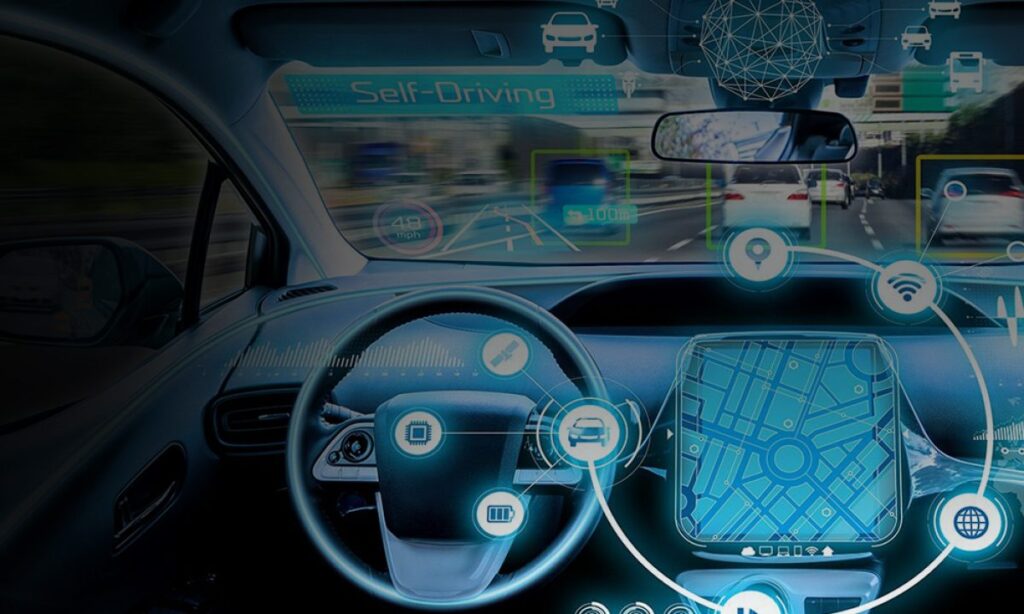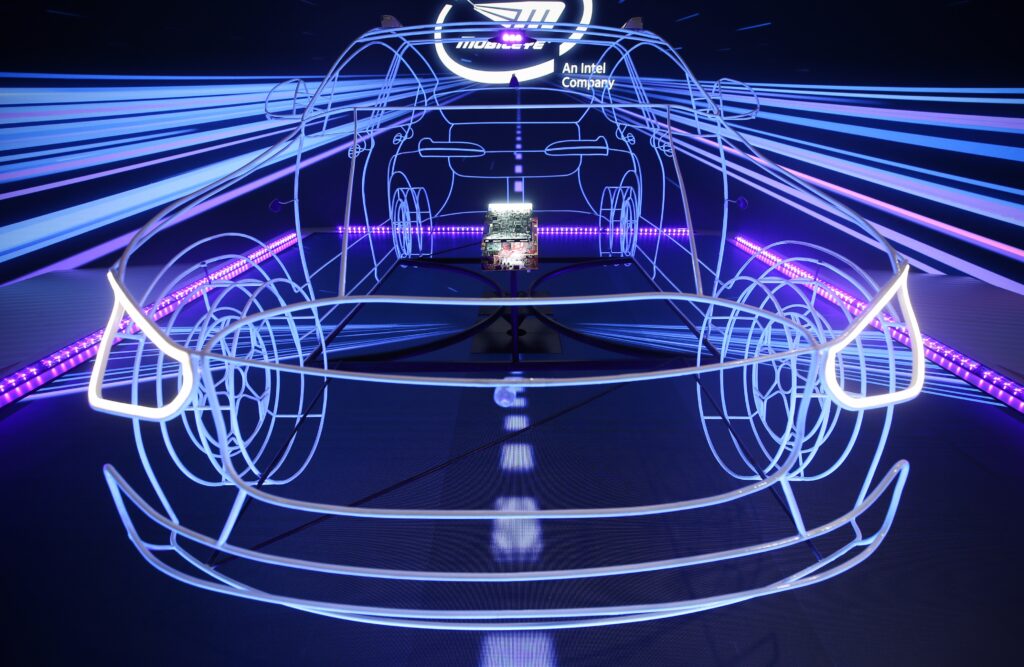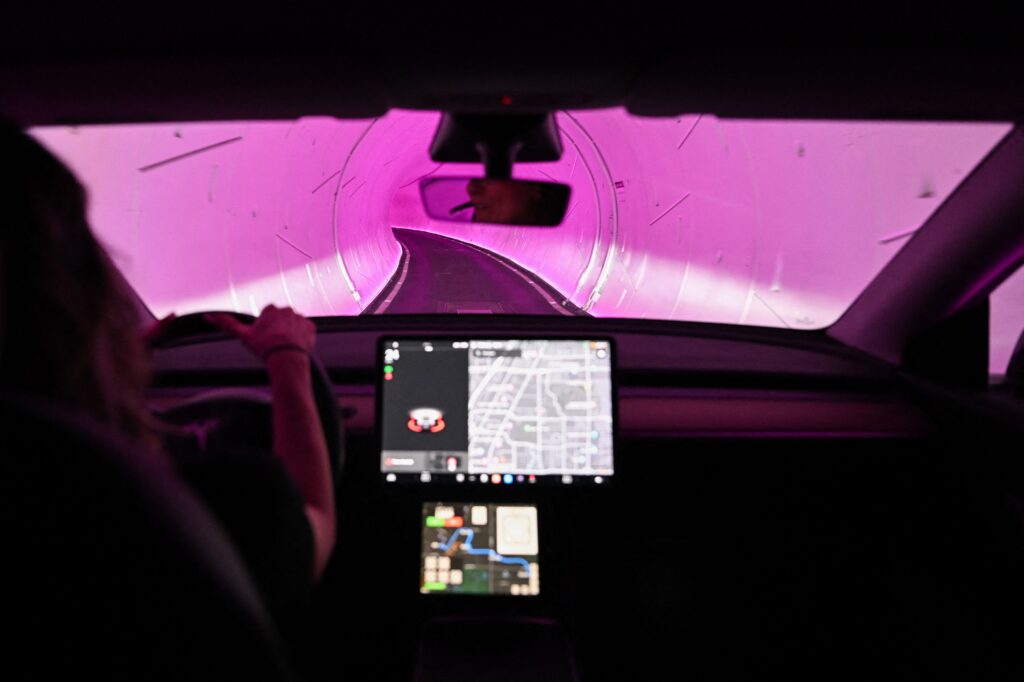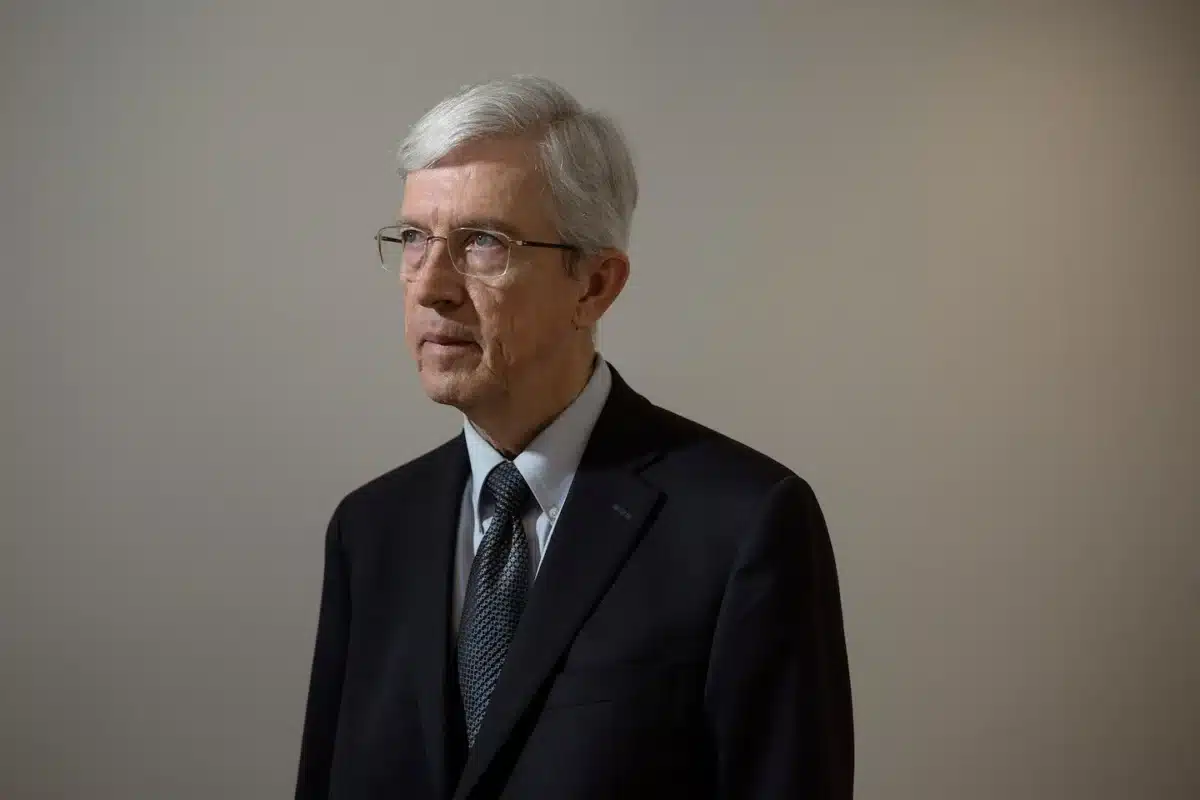Dan O’Dowd, a digital entrepreneur, has committed his fortune to preventing Tesla’s Full Self-Driving technology from being used on public roadways.

THE SAN FRANCISCO — Tesla is currently dealing with a number of difficulties and distractions. It will receive another one, which will be televised to viewers all around the nation on Super Bowl Sunday.
A Super Bowl ad that will air in Washington, D.C., and a few state capitals, including Austin, Tallahassee, Albany, Atlanta, and Sacramento, is being funded by California tech entrepreneur Dan O’Dowd, who has already invested millions of his own funds into a campaign to have Tesla’s Full Self-Driving technology banned from public roads.
In the advertisement, a Tesla Model 3 with Full Self-Driving allegedly enabled crashes into a child-sized mannequin, drives through “do not enter” signs, passes a school bus with flashing stop lights, and strikes a stroller in the road.
Around 400,000 individuals in North America now have access to the newest version of Tesla’s Full Self-Driving technology, which lets the car to navigate city and residential streets without human input. This will more than quadruple the number of people utilising it throughout much of 2022. This has raised additional concerns about the technology’s safety. Authorities are investigating whether Tesla’s driver-assistance features contributed to accidents. And in January, it was reported that a former Tesla engineer had testified that the corporation had staged a 2016 demonstration in which it claimed one of its cars was capable of self-driving.
Sens. Richard Blumenthal (D-Conn.) and Edward J. Markey (D-Mass.) are two legislators who have urged for further regulation of Tesla’s technology. However, O’Dowd claims he is spending money on a new advertising campaign in order to put pressure on legislators to give it more of a priority.
According to Gene Munster, a veteran stock analyst and managing partner of Deepwater Asset Management, Tesla doesn’t typically advertise its vehicles, so the Super Bowl ad could reach those who don’t already have a clear understanding of the company. However, Elon Musk, the CEO of Tesla, is a “master of spin” and will continue with his ambitions even if the advertisement brings negative attention to him, according to Munster.

In the end, he added, “He’s simply going to keep pushing on with this until someone, some regulatory body, tells him he can’t.
A request for comment from Musk did not immediately receive a response. O’Dowd has been referred to as crazy by Musk in the past, and many of his fans have charged that O’Dowd has a conflict of interest because his business, Green Hills Software, sells to Mobileye, which is owned by Intel and produces a computer chip that runs driver-assist software.
O’Dowd claims that Mobileye is only one of hundreds of clients, and that the only thing that motivates him is his worry about the security of Tesla’s technology. He personally owns a number of Teslas and has a special fondness for the company’s original model, the Roadster.
After O’Dowd’s organisation, the Dawn Project, published video of the cars repeatedly hitting child-size mannequins the previous year, Tesla issued a cease-and-desist letter. A genuine youngster was used in a test drive by a well-known Musk fan to demonstrate the car recognising them and stopping. To demonstrate that the car is making the errors without any manipulation, O’Dowd has offered to conduct the test in-person with Musk or any of his other detractors.
With the aid of a collection of capabilities known as Full Self-Driving, Tesla cars are now capable of accelerating, steering, turning, and navigating city and residential streets without the need for human intervention. It is a component of Tesla’s Autopilot driver assistance programme, however accessing the upgraded capabilities costs $15,000 more.
The business has taken the lead in promoting driver-assistance features marketed as first steps towards autonomy. Numerous other automakers offer automatic braking, lane-keeping, and the capability for a car to maintain a specific distance from the vehicle in front of it. Tesla, however, has taken things a step further with Full Self-Driving, basically allowing the car to drive itself off of motorways and onto congested city streets. However, the company does advise users to stay vigilant and keep their hands on the wheel at all times.
In 2016, Tesla announced its plans to develop a self-driving car. Tesla was a pioneer in the mass market for electric vehicles. It has, however, had a difficult few months.
Tesla’s initial self-driving video from 2016 was faked, a top executive testified in late January as Musk faced trial for a 2018 tweet in which he claimed to have “funding secured” to take the business private at $420 per share. While Tesla shareholders pressed Musk to focus again on the business that has contributed significantly to his wealth, Musk was preoccupied with Twitter.
Tesla’s stock price plunged during 2022 after reaching a high of over $1.2 trillion in valuation in late 2021 as a result of many shareholders selling their shares due to rising interest rates, Elon Musk’s messy takeover of Twitter, concerns over sluggish demand, and greater competition.
There are now further indications that Tesla’s Full Self-Driving Beta is not living up to expectations. Video footage revealed that despite frequent software updates, cars are still making the same errors they have been doing for years, such as abruptly stopping in the absence of any barriers or driving down light-rail tracks that they should know are off-limits.
When comparing crash data, Musk has claimed that Tesla’s driver assistance system, Autopilot, is “unquestionably safer” than standard driving. With its consistent stream of releases, the corporation has hailed software advances.

Beyond the difficulties with Full Self-Driving, Tesla must contend with the fact that older, more established automakers have committed to making electric cars, and that some of his potential customers are turned off by Musk’s public support for right-wing politics and issues related to the culture war. The successful development of self-driving software, according to Musk, “is the difference between Tesla being worth a lot of money and being worth virtually zero.”
The technology is very contentious; some Tesla fans claim that it can effortlessly transport passengers on lengthy rides without the need for assistance, while other users claim that it frequently makes hazardous errors. Tens of thousands of Tesla owners who the business claims it has vetted have generally had access to the most recent technology.
The National Highway Traffic Safety Administration is looking into several aspects of Tesla Autopilot, the driver-assistance system that includes Full Self-Driving Beta. The investigations concern more than a dozen accidents involving parked emergency vehicles while Autopilot was on as well as Tesla vehicles’ propensity for stopping sharply for fictitious threats, or “phantom braking.”
NHTSA spokeswoman Lucia Sanchez declined to offer any additional insight into the ongoing inquiry.
In the meantime, Tesla said in a regulatory filing made last month that the Department of Justice had asked for materials pertaining to Full Self-Driving and Autopilot as part of an ongoing investigation. As more automobiles outfitted with the software have entered the road, public concern over its effectiveness has grown.
According to the article, a Tesla using driver-assistance technologies allegedly caused an eight-vehicle incident on the San Francisco Bay Bridge that injured nine people, including a two-year-old toddler. The Tesla abruptly braked in traffic. The collision occurred shortly after Musk said the Full Self-Driving Beta, which had previously only been available to approved beta testers, would now be available to all users in the United States and Canada who had purchased the option.
The first shot in a larger new media campaign that will target politicians around the nation is O’Dowd’s Super Bowl advertisement. O’Dowd expresses his expectation that lawmakers will pass new legislation governing the testing of driver-assistance and autonomous vehicle technologies and exert pressure on authorities like the NHTSA to expedite its examinations of the technology.
Currently, automakers are allowed to add new driver-assistance technologies as long as they advise drivers to always be aware, including those sold as part of a self-driving package.
For O’Dowd and other tech sceptics, that is insufficient. There is no urgency, he declared. O’Dowd claims that by bombarding legislators with videos of the car making risky mistakes, he expects that the government would act more quickly.
It must be removed from the roadway, he continued.
ALSO READ THIS: The Great Pacific Garbage Patch

